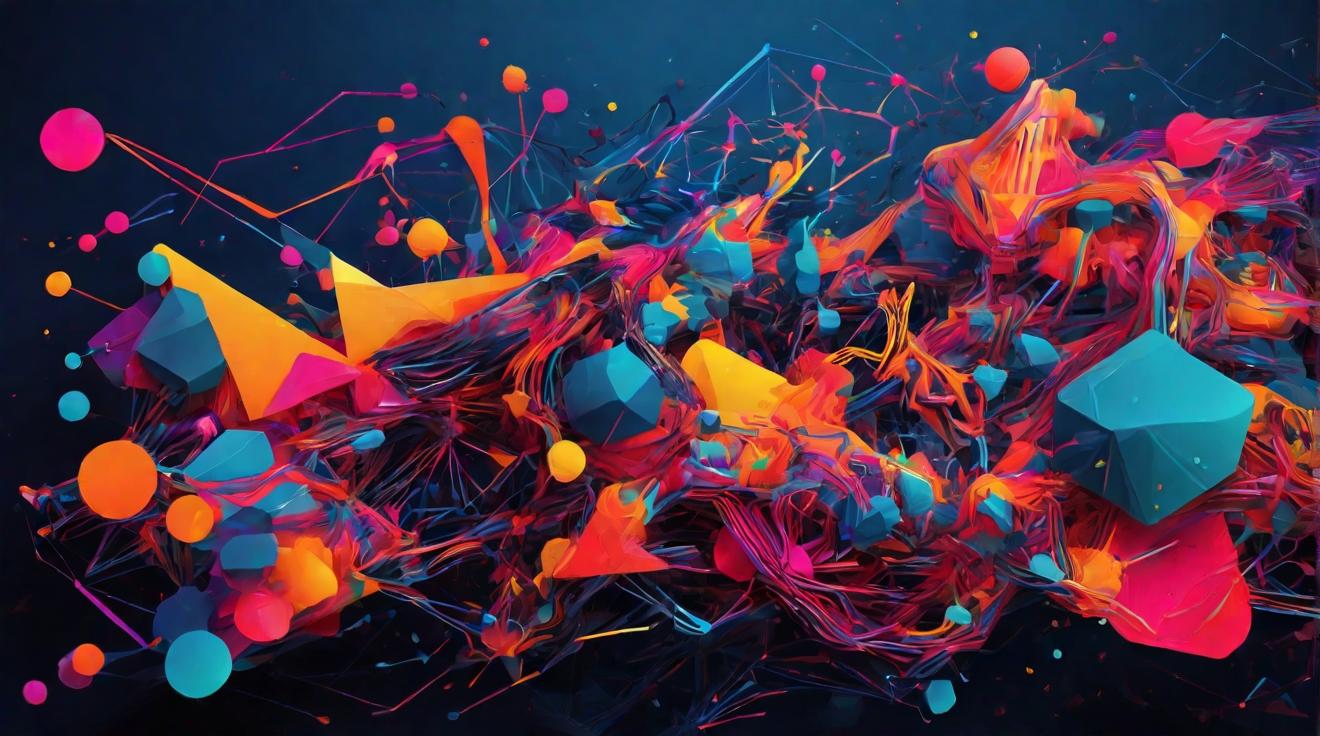The Top 6 Innovators in AI Edtech
Artificial intelligence (AI) has become a game-changer in the field of education technology (edtech). It has the potential to revolutionize the way students learn and educators teach. In this article, we will explore the top six innovators in AI edtech who are making a significant impact in the field.
Ling Cheng: Revolutionizing Learning with AI
As the Director of AI and Machine Learning at Quizlet, Ling Cheng has been at the forefront of developing AI-driven tools to enhance the learning experience. One of her notable achievements is the development of Q-Chat, Quizlet’s AI tutor, which uses the Socratic method to help students master key concepts. By leveraging OpenAI’s tools, Q-Chat has been utilized in over 3 million study sessions. Cheng also led the development of Quizlet’s “smart-grading” system, which employs predictive analysis to mark answers as correct based on underlying meaning. She continues to innovate by introducing features that generate personalized study content for students.
Sal Khan: Using AI to Transform Education
Sal Khan, the founder of Khan Academy, has always been a pioneer in utilizing technology to improve education. Recently, Khan Academy introduced Khanmigo, an AI teaching assistant. Khanmigo integrates with Instructure, a popular classroom-management-software platform, and provides personalized guidance to students and technology-enhanced essay feedback. In his TED Talk, Khan emphasized the potential of AI to transform education positively. He believes that with the right safety measures, AI can bring about unprecedented advances in learning.
Hadi Partovi: Empowering Future Tech Talent
As the CEO of Code.org, Hadi Partovi has played a crucial role in promoting computer science education, including AI and machine learning, among young learners. Partovi spearheaded the TeachAI initiative, a nationwide effort to support teachers in understanding and incorporating AI into lesson plans. This effort received backing from leading technology companies such as Amazon, Microsoft, and Code.org. With $200 million in funding, TeachAI aims to nurture tech talent from an early age, preparing students for the future.
Max Tegmark: Advancing AI Ethics and Safety
Max Tegmark, President of the Future of Life Institute (FLI), is a renowned physicist and advocate for responsible AI development. Under Tegmark’s guidance, FLI published an influential open letter emphasizing the need for safety standards in AI research. The letter called for a six-month moratorium on developing AI systems more powerful than OpenAI’s GPT-4. Tegmark’s leadership has garnered support from prominent figures and organizations, highlighting the importance of addressing ethical concerns in AI.
Rachel Thomas: Making AI Education Accessible for All
Rachel Thomas, a co-founder of Fast.ai and an experienced researcher, is dedicated to making AI knowledge accessible and fair to everyone. She established the Center for Applied Data Ethics at the University of San Francisco, where she focuses on studying the ethical implications of machine learning. Through Fast.ai, Thomas aims to teach people from diverse backgrounds the fundamentals of AI, including neural networks and machine learning. Fast.ai offers free online classes and support materials in multiple languages, enabling global learners to acquire AI skills.
Edward Tian: Detecting and Utilizing AI in Education
Edward Tian, the creator of GPTZero, made headlines with his AI-generated text detection tool as part of his senior thesis project. He has since transformed GPTZero into a startup and raised $3.5 million in venture capital funding. Tian’s vision extends beyond plagiarism detection, as he plans to expand the scope of GPTZero to various industries affected by AI, including education. His goal is to develop detection technology that can identify AI-generated content, ensuring the integrity and authenticity of educational materials.
These six innovators are making significant strides in AI edtech, revolutionizing the way students learn and teachers educate. Their work embodies the potential of AI to create positive transformations in the field of education. As AI continues to evolve, these leaders will undoubtedly continue to push boundaries, enabling a more personalized, efficient, and inclusive learning experience for all.
Analyst comment
Positive news. The market for AI edtech is expected to grow as these innovators make significant strides in revolutionizing education. With their advancements, AI is likely to create a more personalized, efficient, and inclusive learning experience for all students.













